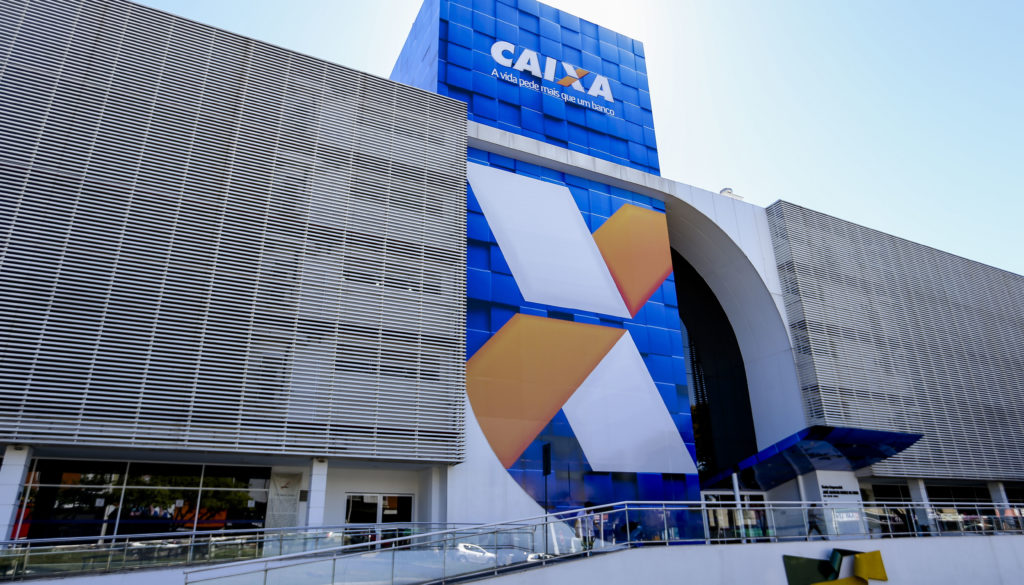By Richard Mann
RIO DE JANEIRO, BRAZIL – State-owned Caixa Econômica Federal’s recurring profit grew six percent in the first quarter of 2019, compared with 2018, to R$3.87 billion (US$968 million), with an increase in revenue from services rendered and a reduction in provisions for default, despite a two percent drop in the bank’s loan portfolio.

Recurring profit excludes the effects of extraordinary or non-recurring income or expense items. The accounting profit grew 23 percent to R$3.9 billion, also in comparison to the first quarter of 2018.
According to Pedro Guimarães, the bank’s president, Odebrecht’s judicial reorganization did not impact the quarterly result. In his view, “it was obvious that the judicial reorganization of Odebrecht was imminent” and, therefore, “95 percent of the provisioning for the losses had already been provided for in the balance sheet of December 2018.”
“There has already been a loss from judicial reorganization, but in the balance sheet, there will not be, or it will be only residual. There will only be if the land collateral is zero.”
He also said he was satisfied with the level of the bank’s provisioning for the default of such companies — according to the bank president, there are at least ten more companies close to entering into judicial reorganization. “We’re quite confident regarding the many companies that are struggling.”
From January to March, service revenues increased 2.3 percent to R$6.5 billion — in the 12 months ended in March, the accrued inflation measured by the IPCA (official price index) stood at 4.58 percent. The increase was due to a 19.8 percent increase in service revenues from investment funds, the migration of clients who previously invested in fixed income securities and an 8.5 percent increase in revenues from agreements and bank collection.
Default in the first quarter fell to 2.47 percent over the first three months of last year. The improvement in the default rate helped the bank reduce its provision for doubtful debt by 24.4 percent, which fell to R$2.8 billion.
According to Caixa, the drop reflects the R$14.4 billion decrease in the credit portfolio and the change in the composition of this portfolio, now focused on low-risk loans.
The bank’s credit portfolio retreated two percent in one year to R$685.8 billion, impacted by the 18 percent drop in individual and corporate loans.
The bank’s profit was also influenced by the reduction in administrative expenses, with a voluntary termination program and the return of commercial buildings in the country.
Caixa introduced a program to renegotiate overdue real estate debts and cut interest on housing loans in June.
The bank aims to retrieve R$1 billion through the settlement of a total of R$10.1 billion in arrears of 5.2 million active loan contracts — including the “Minha Casa, Minha Vida” program, although the bank does not detail the total number of such properties in the renegotiation.
Caixa announced a renegotiation program in May that left out secured debt, such as housing loans. The bank also requires the customer to have the cash in hand to settle the amount agreed with the bank. The goal is to recover R$1 billion.

